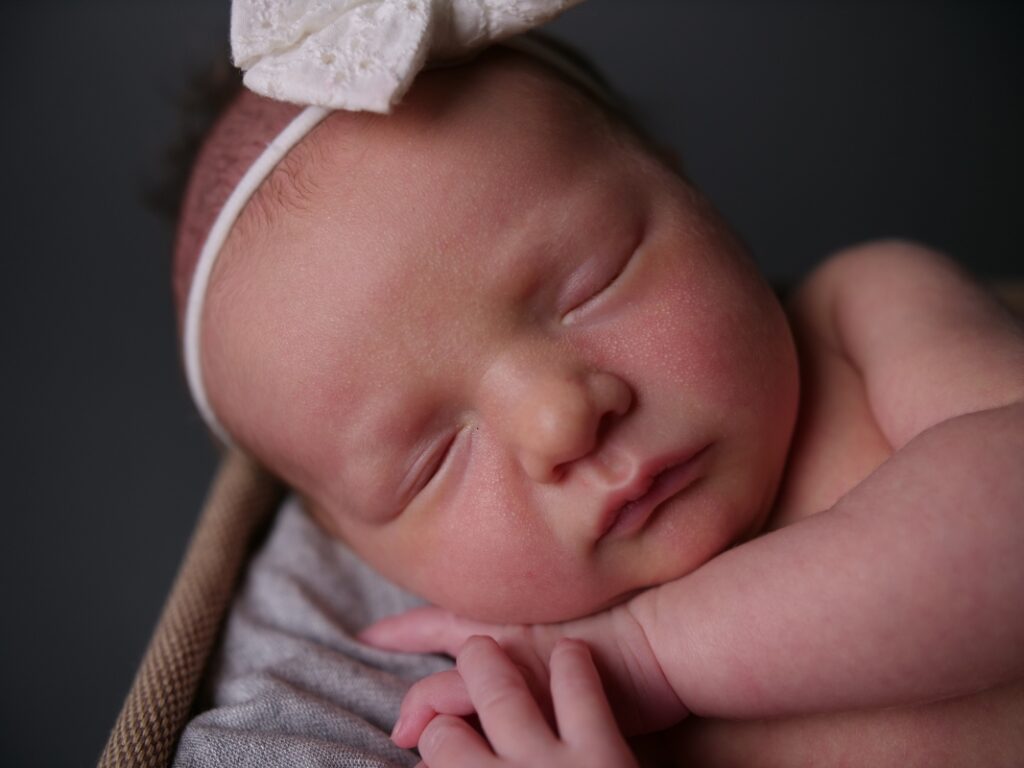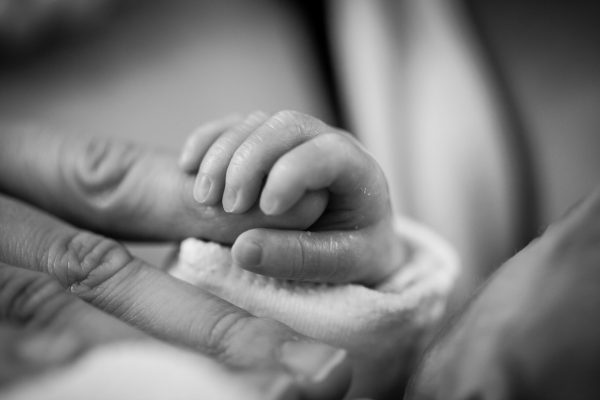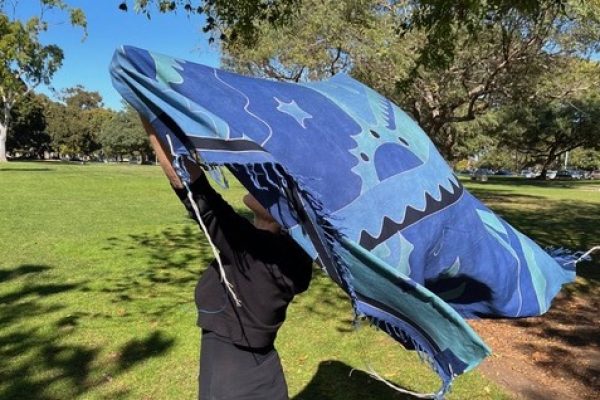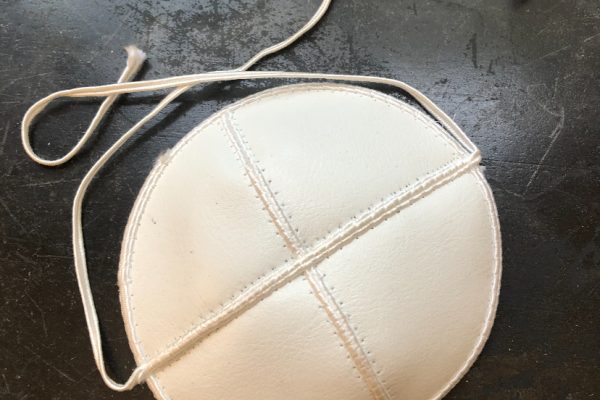The ritual opens with singing: if on Zoom, one person sings unmuted, everyone else sings on mute: “Berukhah haba’ah b’shem adonai.” Blessed is she who comes in God’s name.
The host says: We welcome into our community and into the yoke of mitzvot [child’s name]. We remember the seven female prophets who came before her and who added their distinctive specialness to our community (Megillah 14a).
The blessings will be read by seven Jewish women who [the parent/s] have asked to play a role in bringing [the child] into Jewish womanhood.
Leader: first blessing is read by [person and their relationship to the child]
“We offer this blessing in honor of Sarah, princess and matriarch. May you be like Sarah, strong and wise, whose voice was listened to.”
Leader: second blessing is read by [person and their relationship to the child]
“We offer this blessing in honor of Miriam, prophet and leader. May you be like Miriam, who sang and danced in joy with her sisters at the Reed Sea.”
Leader: third blessing is read by [person and their relationship to the child]
“We offer this blessing in honor of Deborah, judge, prophetess and warrior. May you be like Deborah, who judged wisely, a woman of fire.”
Leader: fourth blessing is read by [person and their relationship to the child]
“We offer this blessing in honor of Hannah, who opened her heart to God. May you be like Hannah, who prayed and who exulted in God.”
Leader: fifth blessing is read by [person and their relationship to the child]
“We offer this blessing in honor of Abigail, who used her words wisely and vibrantly to control her own narrative. May you be like Abigail, hospitable and independently minded.”
Leader: sixth blessing is read by [person and their relationship to the child]
“We offer this blessing in honor of Hulda, who recognized the authentic word of God through her reading of texts, and whose learning and validation became the bedrock of the creation of our sacred books. May you be like Hulda the prophetess, who lived in Jerusalem and who spoke God’s word.”
Leader: seventh blessing is read by [person and their relationship to the child]
“We offer this blessing in honor of Esther, who found and used her own voice to help the oppressed. May you be like Esther, brave and clever, who saved her people through her own relationships.”
Leader: “We offer these blessings to proclaim the work of our mothers, and to ask for blessing so that [child’s name] may follow their example. We name her today, we bring her into the company of our people, we accept the mitzvot on her behalf, and we pray that she too will hear the voice of God, and that her voice will be heard in our world.
She stood with us at Sinai, we stand here with her today. As she is made in the image of God, we call down God’s presence to dwell with her throughout her life.”
Blessing over wine: Barukh atah adonai, eloheinu melekh ha’olam, borei pri hagafen
Her responsibilities are many, she will work in the world, yet she will not lose the privilege of welcoming in the Shabbat, and we will soon give her her own Shabbat candlesticks and kiddush cup. May she use them in the future to create her own Jewish home, and to welcome in her children to kehillat yisrael, the community of Israel. They are a sign of her entry into the Covenant today, that she may use them to demonstrate that Covenant every seventh day, and take her place within it.












